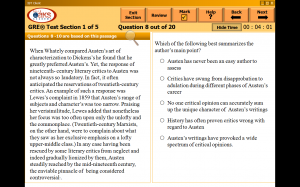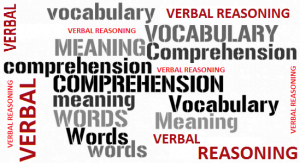 Starting this week, we are introducing a new feature that will help all you students who are struggling to prepare for the GRE test – posts that will help you learn the GRE test words using roots. Though the technical meaning of ‘roots’ is a little different, here it is useful to think of them as the original Latin and Greek words that the English words came from.
Starting this week, we are introducing a new feature that will help all you students who are struggling to prepare for the GRE test – posts that will help you learn the GRE test words using roots. Though the technical meaning of ‘roots’ is a little different, here it is useful to think of them as the original Latin and Greek words that the English words came from.
Learning words through their roots is useful in two ways – firstly, knowing the root and meaning of a word can help you understand why the word means what it means. Secondly, since there are often many words which come from the same Greek or Latin root, this helps you to learn several words at one time. It becomes easier because, as you will seen in today’s post, words from the same root look similar and also share a common set of meanings. The two lists below, which cover 32 words totally, will illustrate how this is so.

 If you found the last post on roots helpful, here are 2 more roots which cover 25 GRE words. For those of you who have come directly to this post, here’s a link that will help you understand why we are talking about roots so much:
If you found the last post on roots helpful, here are 2 more roots which cover 25 GRE words. For those of you who have come directly to this post, here’s a link that will help you understand why we are talking about roots so much: 
 One of the most important aspects of preparing for reading comprehension in the GRE is preliminary reading – that is, reading to be done before you start tackling GRE RC passages in order to prepare you for the challenges that those passages will throw up.
One of the most important aspects of preparing for reading comprehension in the GRE is preliminary reading – that is, reading to be done before you start tackling GRE RC passages in order to prepare you for the challenges that those passages will throw up.

